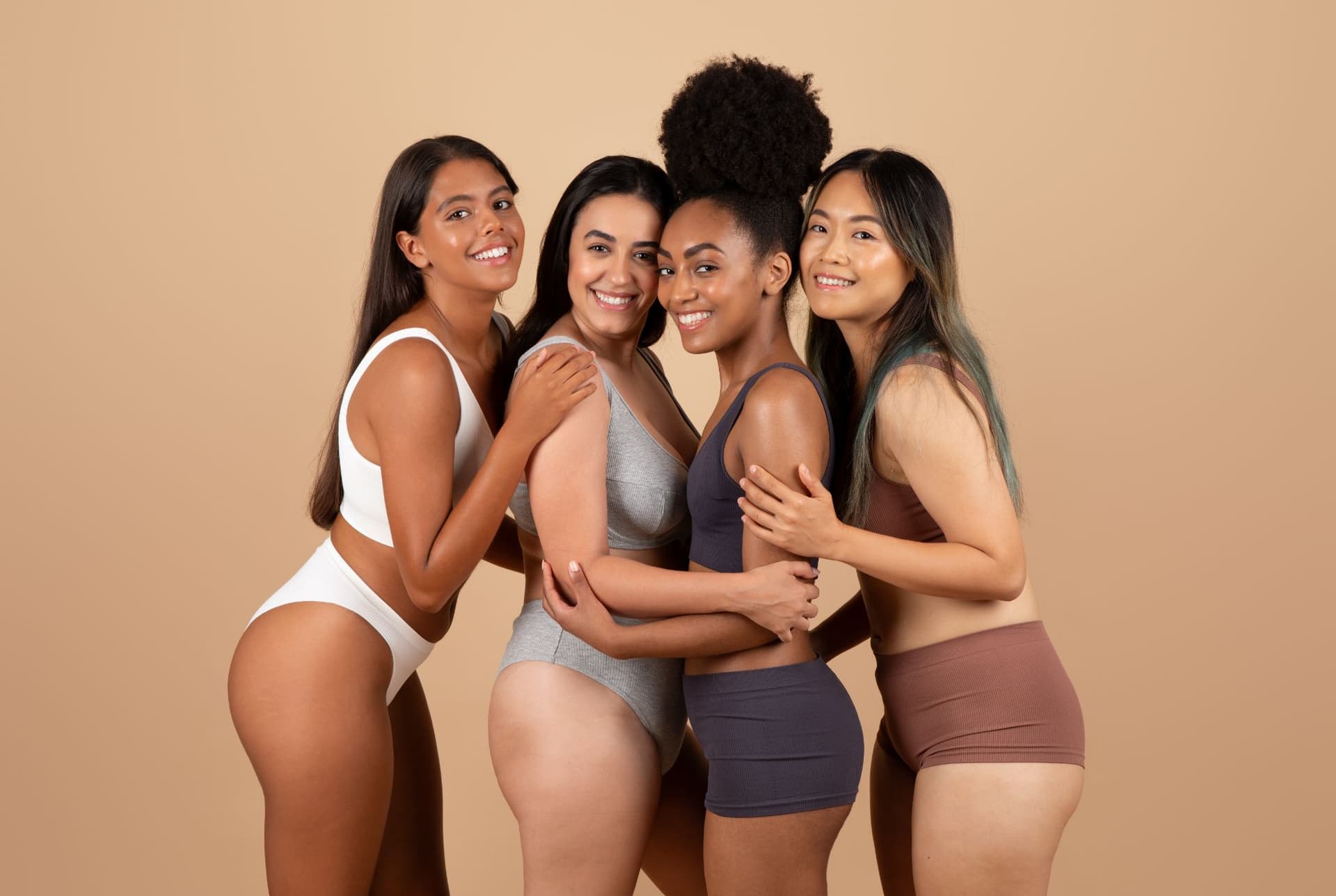Loading...
09 July 2024

The fashion industry has long reflected societal norms and values, often emphasizing a narrow and exclusive standard of beauty. However, in recent years, the industry has seen a significant shift towards inclusivity, driven by trailblazing models who challenge traditional norms and advocate for diversity. These pioneers have not only redefined beauty standards but also fostered a more inclusive and accepting fashion landscape. In this blog, we will explore the inspiring journeys of these trailblazing models and their impact on the fashion industry.
Inclusive fashion is about more than just diverse body types; it encompasses race, gender, age, and abilities. This movement has gained momentum as the demand for representation has grown louder. Consumers are increasingly seeking authenticity and inclusivity in the brands they support, pushing the fashion industry to evolve.
The influence of these trailblazing models extends beyond their achievements. They have inspired a wave of change across the fashion industry, leading to more inclusive casting in campaigns and on runways. Brands increasingly recognize the importance of representation, not just as a trend but as a fundamental shift towards a more inclusive society.
While significant progress has been made, the journey towards complete inclusivity is ongoing. Many models still face discrimination and barriers within the industry. However, the continued advocacy and visibility of inclusive models are paving the way for future generations.
Brands and designers must continue to prioritize diversity and inclusivity in their work. This includes not only the models they feature but also the leadership and creative teams behind the scenes. By fostering an environment that values and celebrates diversity, the fashion industry can continue to evolve into a more inclusive space.
Social media has played a pivotal role in promoting inclusivity in fashion. Platforms like Instagram and TikTok allow models to directly connect with their audience, bypassing traditional gatekeepers. This democratization of fashion has enabled diverse voices to be heard and celebrated. Influencers and content creators from various backgrounds have gained significant followings, showcasing that beauty is multifaceted and diverse. The viral nature of social media has also amplified the reach of inclusive campaigns, making it easier for brands to spread their message of diversity and acceptance.
Today's consumers are more socially conscious and expect the brands they support to reflect their values. Inclusivity is no longer a nice-to-have but a necessity. Brands that fail to prioritize diversity risk alienating a significant portion of their customer base. This shift in consumer expectations has forced the fashion industry to adapt and embrace inclusivity not just in marketing
campaigns but also in product offerings, ensuring that clothing is accessible to all body types and identities.
Trailblazing models like Ashley Graham, Winnie Harlow, Adwoa Aboah, Andreja Pejić, and Jillian Mercado have significantly impacted the fashion industry, challenging norms and advocating for inclusivity. Their efforts have not only redefined beauty standards but also inspired a broader movement toward acceptance and representation. As the industry continues to evolve, the legacy of these pioneers will undoubtedly influence future generations, leading to a more inclusive and diverse fashion landscape.